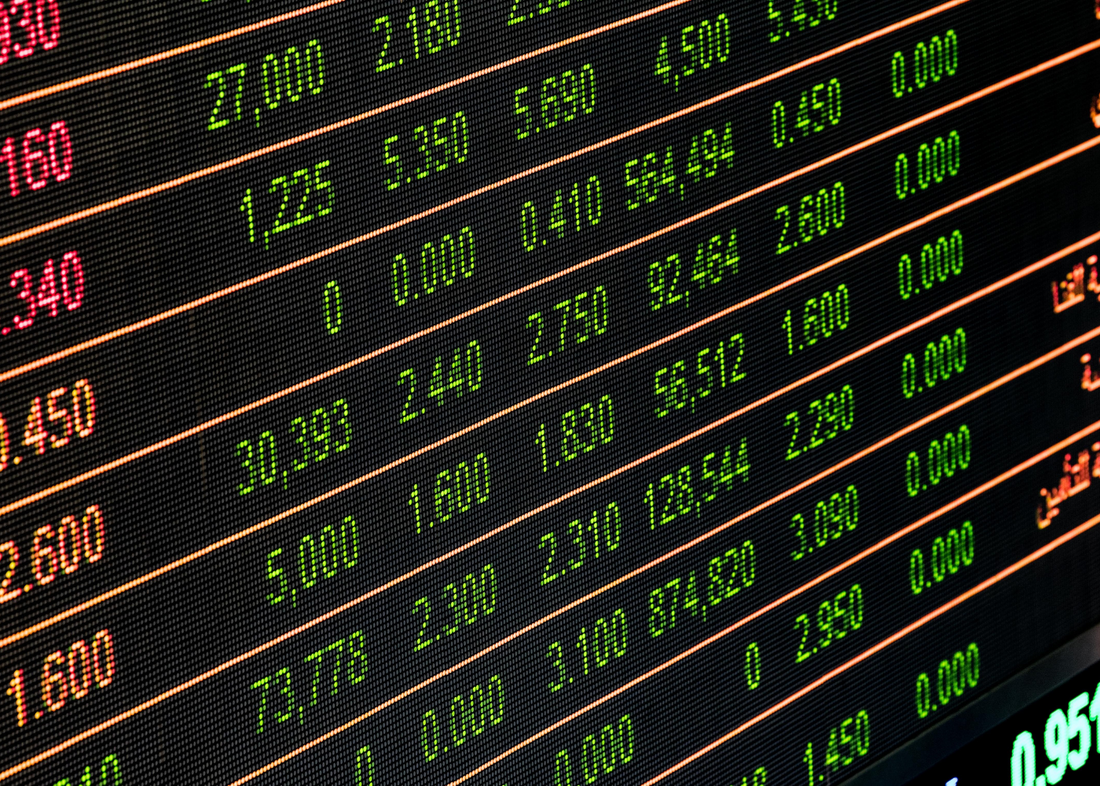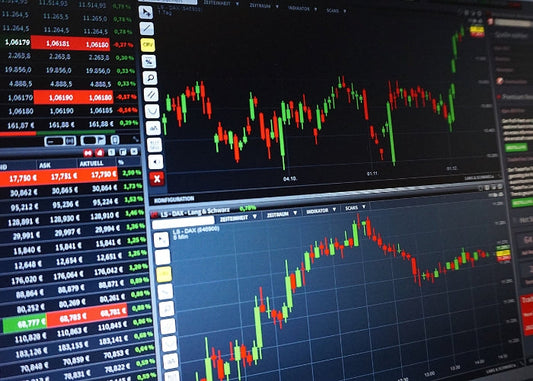What is a stock?

Understanding Shares
Holding shares (stocks) simply means owning parts of a company whose shares one acquires. Shareholders, therefore, participate in a company as co-owners. A company issues these shares in exchange for capital.
In return, shareholders participate financially in the company's success and in the company's stock price performance. These rights are divided into management rights and property rights.
In principle, the term share is directly associated with the stock exchange, i.e. the trading place for securities of all kinds. However, a company that issues shares does not necessarily have to be listed on the stock exchange. But most companies that shareholders are dealing with are listed on stock exchanges and are usually actively traded.
In Germany, many companies have a legal form on the stock exchange as a stock corporation (or public company) (AG) or a partnership limited by shares, KGaA. There is also the European form (Societas Europaea, abbreviated SE), the US Inc, and the British PLC.

Types of shares
A distinction is made between bearer shares and registered shares. As a rule, bearer shares are traded on the stock exchange. The holder's name is not known and the shares are traded on the stock exchange. Registered shares are held in the name of a specific person and are usually only held by a small group of people.
There is also a distinction between common and preferred shares. Ordinary shares grant the holder voting rights at the Annual General Meeting, while preferred shares generally do not. On the other hand, holders of preferred shares usually receive a higher dividend. In recent years, however, preferred shares have become less common. One well-known company where both types are very actively traded is Volkswagen.
The stock price can be used to determine the market value of a company. This is also known as market capitalization, which is the result if you multiply the shares in circulation by the share price. If a company has issued one million shares and is quoted for 81 euros, this results in a market capitalization of 81 million euros.
If you look at the price, you have to distinguish between different prices. The price is often taken to be the value of the last transaction. This is the price at which the buyer and seller have agreed on a transaction. There are also bid and ask prices. The bid price is the price at which buyers are willing to buy. In contrast, the asking price is the price at which sellers are willing to sell.

Why buy shares?
Shares make it possible to acquire an interest in a company quickly and inexpensively - measured in terms of effort and transaction fees. This also allows private investors to participate in the success (and failure) of a wide variety of companies. The long-term idea is always the success and growth of the company. In this case, investors benefit from rising share prices, i.e. their participation increases in value. Many companies also pay out a share of profits in the form of dividends.
Shareholders also have an influence on corporate policy. At the Annual General Meeting, decisions are made on important steps such as acquisitions and mergers. In addition, the meeting elects the Supervisory Board, which oversees the company's operational measures. Stock corporations are obliged to inform their shareholders about the company's development. Therefore, companies issue detailed annual reports, provide forecasts on profit and sales expectations, and must inform if they fail to meet these expectations.
The importance of shares in brief:
- Stocks make it easy for investors to participate in publicly traded companies.
- Investors participate in the success of the company through the payment of dividends
- The stock market value of a company consists of the number of shares issued multiplied by the current share price.
No comments
Home
Trive
TriveHub





0 comments